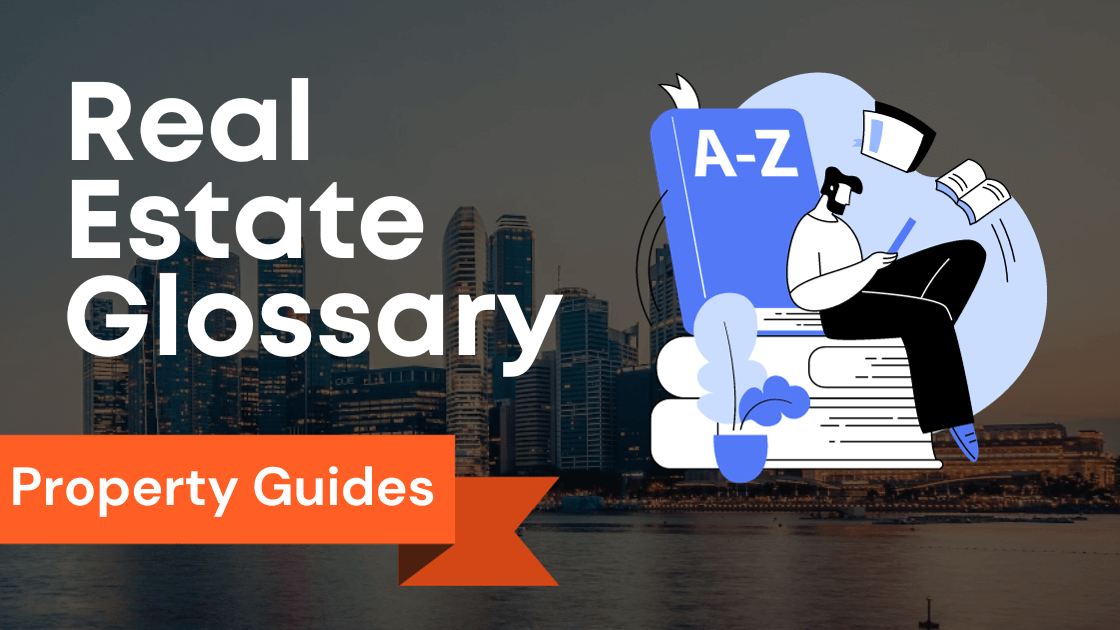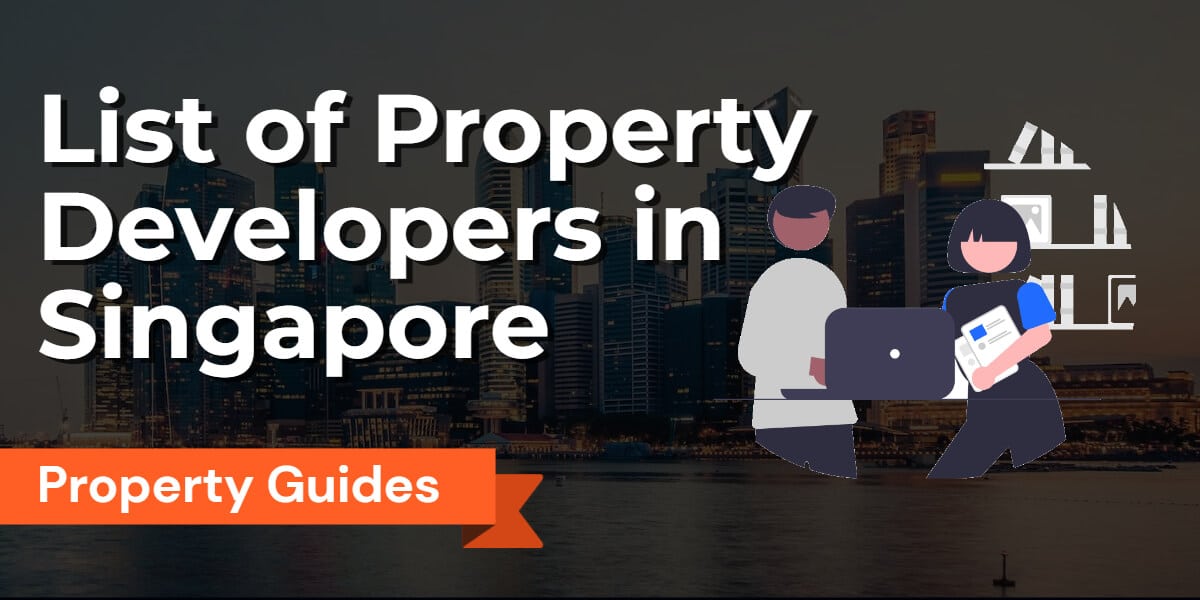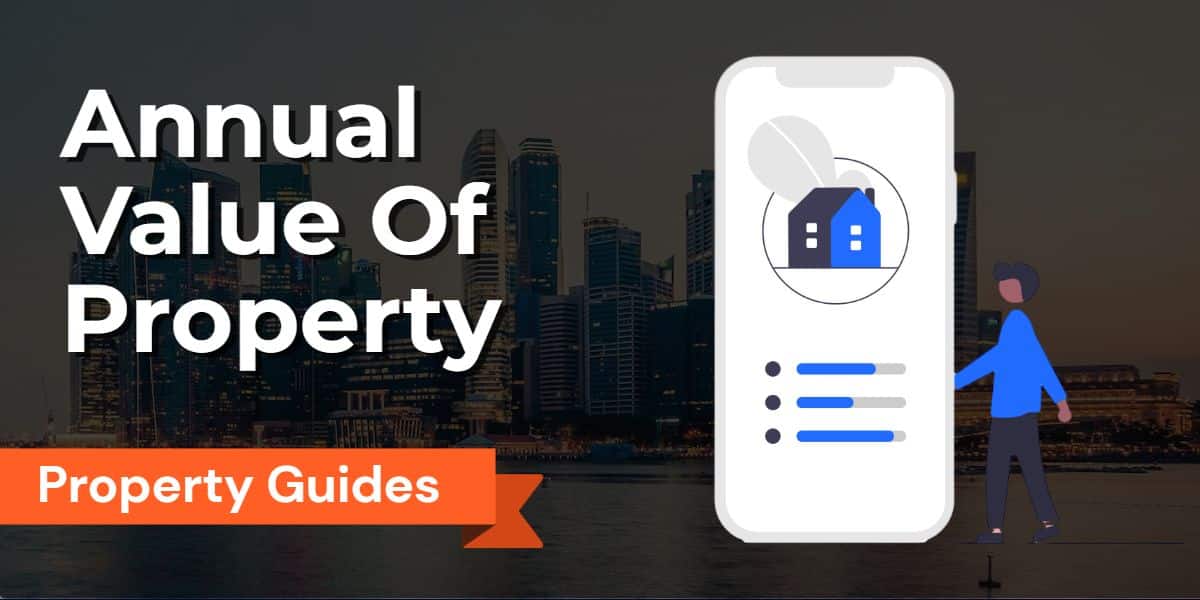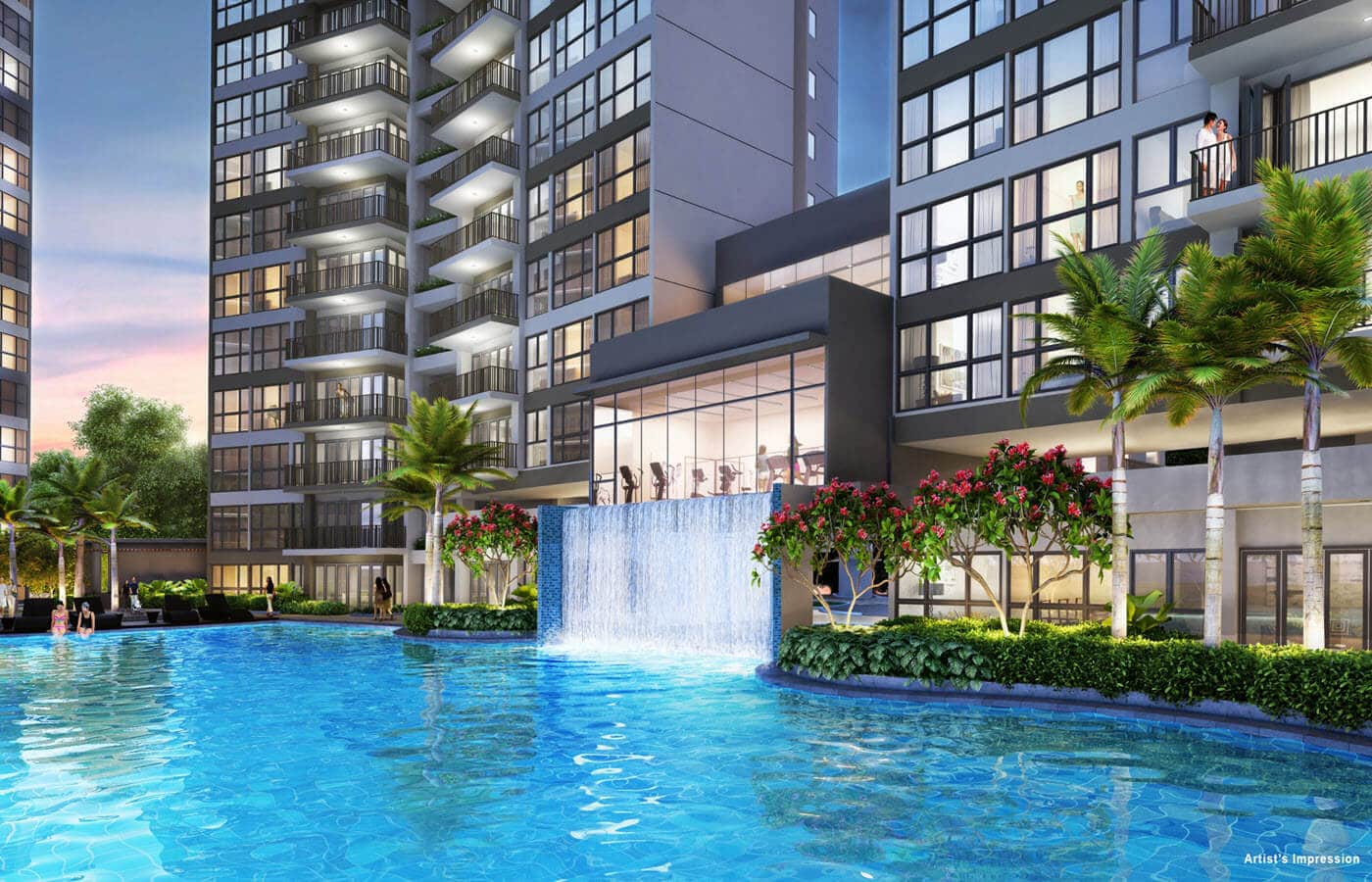
Discover the Ethnic Integration Policy (EIP) in Singapore’s HDB housing and its significance.
The EIP ensures a balanced mix of ethnic groups in HDB estates, preventing dominance by any group.
It promotes racial harmony, contains enclaves, and fosters community among residents.
Learn how the policy works, its impact on sellers and buyers, eligibility criteria, and its evolution.
Join us in understanding the importance of integration and diversity in HDB estates.
Key Takeaways
| Key Takeaway | Article |
|---|---|
| The Ethnic Integration Policy (EIP) promotes racial | Introduction to HDB Ethnic Quota and Ethnic Integration Policy |
| integration in HDB estates by ensuring a balanced | What is the Ethnic Integration Policy (EIP) in Singapore’s HDB Housing? |
| distribution of ethnic groups in HDB blocks or | The ethnic quota in HDB flats is a key aspect of the EIP and ensures |
| neighborhoods. | that no single ethnic group dominates any given HDB block or neighborhood. |
| The Ethnic Quota limits the percentage of units | What is the significance of the Ethnic Quota in HDB flats? |
| owned by a certain ethnicity in each HDB block | The Ethnic Quota ensures that no single ethnic group dominates any |
| or neighborhood to prevent dominance by any | given HDB block or neighborhood, promoting balanced representation. |
| particular group. | The Ethnic Integration Policy is required to promote racial harmony |
| in HDB flats, creating a sense of community and preventing enclaves. | |
| The Ethnic Integration Policy sets a limit on | How does the Ethnic Integration Policy work in HDB flats? |
| the proportion of flats that can be owned by a | The EIP sets a limit on the proportion of flats owned by a certain |
| particular ethnic group in each HDB block or | ethnic group in a block or neighborhood to prevent ethnic enclaves. |
| neighborhood. | Eligibility for HDB Ethnic Quota is determined by the government |
| and based on the buyer’s ethnicity. | |
| The HDB Ethnic Integration Policy has evolved | What is the evolution of HDB Ethnic Integration Policy: From 1989 to Present? |
| over the years to include other ethnic groups | The EIP has evolved to include other ethnic groups and to prevent any |
| and prevent any one group from dominating a | single group from dominating a block or neighborhood. |
| particular block or neighborhood. | The Ethnic Quota is significant as it promotes racial integration and |
| social harmony, preventing dominance by any particular ethnic group. | |
| Sellers and buyers cannot bypass the Ethnic | Is it possible for sellers and buyers to bypass the Ethnic Quota in HDB estates? |
| Quota in HDB estates due to strict government | Sellers and buyers cannot bypass the Ethnic Quota due to strict regulations |
| regulations. | to prevent the formation of racial enclaves. |
| Singaporeans must be at least 21 years old | What are the eligibility criteria for Singaporeans to purchase an HDB flat? |
| and have a valid HDB loan eligibility letter | Singaporeans must be at least 21 years old, have a valid HDB loan eligibility letter, |
| to be eligible for HDB Ethnic Quota. | and fulfill specific requirements set by the government. |
| Singapore Permanent Residents (SPR) must | What are the eligibility criteria for Singapore Permanent Residents (SPR) to purchase an HDB flat? |
| have been an SPR for at least three years and | SPRs must have been an SPR for at least three years and fulfill specific |
| meet other criteria to be eligible for HDB | eligibility criteria set by the government. |
| Ethnic Quota. | Under the EIP, a seller can only sell their HDB flat if the ethnic proportion |
| for that group has not been reached in the block or neighborhood. | |
| The Ethnic Quota is significant as it promotes | The Ethnic Quota |
Introduction to HDB Ethnic Quota and Ethnic Integration Policy
What is the Ethnic Integration Policy (EIP) in Singapore’s HDB Housing?
The Ethnic Integration Policy (EIP) was introduced in 1989 to ensure a balanced distribution of ethnic groups in HDB estates.
The policy limits the proportion of units in each HDB block or neighborhood occupied by a particular ethnicity, thereby promoting racial integration in HDB estates.
What is the significance of the Ethnic Quota in HDB flats?
The ethnic quota in HDB flats is one of the critical aspects of the EIP.
It ensures no ethnic group dominates any given HDB block or neighborhood.
This is done by limiting the percentage of a partnership that a particular ethnicity can own.
For instance, a seller can only sell their HDB flat to a buyer of a different race if that particular ethnicity has yet to reach a certain proportion of that block or neighborhood.
Why is the Ethnic Integration Policy required in HDB flats?
The Ethnic Integration Policy is required in HDB flats to promote racial harmony in Singapore.
Ensuring a balanced distribution of different races in HDB neighborhoods helps create a sense of community and belonging among residents, regardless of ethnicity.
Moreover, it prevents the formation of racial enclaves, which could lead to tensions between different ethnic groups and disrupt social cohesion.
Understanding the Ethnic Integration Policy (EIP) in Singapore’s HDB Housing

How does the Ethnic Integration Policy work in HDB flats?
The Ethnic Integration Policy (EIP) works by setting a limit on the proportion of flats that can be owned by a particular ethnic group in a given HDB block or neighborhood.
For example, an HDB block can only have a maximum of 25% of its flats owned by Malays.
A Malay buyer cannot buy an apartment in that block or neighborhood if the limit has already been reached.
This is to prevent the creation of ethnic enclaves.
What are the eligibility criteria for HDB Ethnic Quota?
Eligibility for HDB Ethnic Quota is determined by the government and is based on the buyer’s ethnicity.
The government set specific limits for various ethnic groups to ensure a balanced representation in HDB estates.
Singaporeans must fulfill particular criteria, such as being at least 21 years old and having a valid HDB loan eligibility letter.
Singapore Permanent Residents (SPR) must have been SPR for at least three years and fulfill specific other criteria.
What is the evolution of HDB Ethnic Integration Policy: From 1989 to Present?
The HDB Ethnic Integration Policy (EIP) has evolved over the years to accommodate Singapore’s changing demographics better.
In the early years, the main focus was limiting the concentration of Malays in certain areas, as they were the largest minority group.
In 2002, the policy was further revised to determine the attention of all ethnic groups to prevent any group from dominating a particular block or neighborhood.
The Significance of Ethnic Quota in HDB Flats
Why is the Ethnic Quota significant in Singapore’s HDB estates?
The Ethnic Quota is significant in Singapore’s HDB estates as it promotes racial integration and social harmony.
Preventing any ethnic group from dominating a particular block or neighborhood encourages residents of different races to live together and fosters a sense of community and inclusiveness.
What are the implications of Ethnic Quota on the resale market?
The implications of the Ethnic Quota on the resale market for HDB flats are that sellers and buyers must take the ethnic quota into account when buying or selling an apartment.
A seller cannot sell their flat if the ethnic proportion has already reached the limit for a particular ethnic group.
Similarly, a buyer cannot buy an apartment if the ratio of that ethnic group has already been exceeded in that block or neighborhood.
Is it possible for sellers and buyers to bypass the Ethnic Quota in HDB estates?
No, sellers and buyers can’t bypass the Ethnic Quota in HDB estates.
The government has strict regulations in place to prevent any manipulation of the system that may lead to the formation of racial enclaves.
Any attempts to do so will result in severe consequences, including fines or imprisonment.
Exploring the Eligibility Criteria for HDB Ethnic Quota

What are the eligibility criteria for Singaporeans to purchase an HDB flat?
For Singaporeans to purchase an HDB flat, they must be at least 21 years old and have a valid HDB loan eligibility letter.
They must also have fulfilled specific requirements set by the government to ensure they are eligible to purchase the flat under the Ethnic Integration Policy (EIP).
What are the eligibility criteria for Singapore Permanent Residents (SPR) to purchase an HDB flat?
For Singapore Permanent Residents (SPR) to purchase an HDB flat, they must have been an SPR for at least three years.
They must fulfill specific eligibility criteria the government sets to ensure they are eligible to purchase the flat under the EIP.
What are the conditions for seller to sell their HDB flat under the Ethnic Integration Policy?
Under the Ethnic Integration Policy (EIP), a seller may only sell their flat if the ethnic proportion for that ethnic group has not yet been reached in that particular HDB block or neighborhood.
The seller must submit documents and declarations to the HDB to verify their eligibility to sell their flat.
The Evolution of HDB Ethnic Integration Policy: From 1989 to Present
What were the initial goals of the HDB Ethnic Integration Policy?
The initial goals of the HDB Ethnic Integration Policy (EIP) were to limit the concentration of Malays in certain areas while promoting racial integration and social harmony.
How has the Ethnic Integration Policy evolved over the years?
The Ethnic Integration Policy has evolved to include other ethnic groups such as Chinese, Indians, and Eurasians.
In 2002, it was further revised to limit the concentration of all ethnic groups to prevent one group from dominating a particular block or neighborhood.
The government has also introduced new policies, such as the Build-To-Order system, to ensure that housing demand is adequately met while promoting racial integration and social harmony.
What are the future plans for Ethnic Integration Policy in HDB estates?
The government has stated that it will continue to monitor and review the Ethnic Integration Policy (EIP) to ensure that it effectively promotes racial integration and social harmony.
The government has also proposed new measures, such as updating the EIP limit on the first day of the month rather than every quarter, to refine the policy further and ensure that it remains relevant to the changing demographics of Singapore.
The Impact of Ethnic Quota on HDB Sellers and Buyers

Explanation of the Ethnic Quota Policy
The Ethnic Quota Policy was introduced in 1989 as part of the EIP.
Its purpose is to ensure a mix of ethnic groups in HDB blocks and neighborhoods, preventing any single group from becoming dominant.
This is done by setting a quota for each ethnic group in each HDB block, with a target percentage that mirrors the ethnic composition of Singapore’s population.
Effects of Ethnic Quota on HDB Sellers and Buyers
The Ethnic Quota has a significant impact on HDB sellers and buyers.
The policy prevents sellers from selling their flats to buyers of a particular ethnic group if the quota for that group in the block or neighborhood has been reached.
As a result, some flat owners may need help to sell their flats, mainly if they belong to a group with a high representation in the block or neighborhood.
On the other hand, some buyers, particularly those from minority ethnic groups, may find it challenging to find a suitable flat in a block or neighborhood that meets the Ethnic Quota Policy.
Alternative Options for HDB Sellers and Buyers
For HDB sellers who could not sell their flats due to the Ethnic Quota Policy, they can turn to the open market.
However, selling an apartment through the open market may take longer than a typical HDB resale transaction and may fetch a different price.
For buyers who face difficulties in finding a flat in an HDB block or neighborhood that meets the Ethnic Quota Policy, they can explore other options, such as Built-to-Order (BTO) projects or getting a resale flat in an area where the Ethnic Quota is not a concern.
Examining the Role of Ethnic Quota in Maintaining Racial Harmony
The Importance of Racial Harmony in Singapore’s National Development
Before discussing the role of the Ethnic Quota in promoting integration and maintaining racial harmony, it is essential to understand its importance.
Racial harmony is vital to Singapore’s national development, fostering a cohesive and resilient society.
With the diverse mix of ethnic groups in Singapore, it is crucial to ensure that differences in culture and belief do not cause tensions and conflicts.
The Ethnic Quota, as part of the EIP, aims to prevent such tensions and conflicts by promoting integration and harmonious living among different racial groups.
The Role of Ethnic Quota in Promoting Integration
The Ethnic Quota policy requires a mix of ethnic groups in HDB blocks and neighborhoods.
By ensuring such a mix, the Ethnic Quota promotes integration among residents, who are forced to live with people from different racial backgrounds.
As residents interact and live together, they better understand each other’s cultures and beliefs, breaking down stereotypes and promoting appreciation for diversity.
This, in turn, fosters a sense of community and belonging, promoting social cohesion and harmony.
Evaluation of the Effectiveness of Ethnic Quota in Maintaining Racial Harmony
While the Ethnic Quota has existed for over 30 years, its effectiveness in maintaining racial harmony remains debatable.
Some argue that the Ethnic Quota successfully promotes integration and maintains racial harmony, as evidenced by the relatively low incidence of inter-racial conflicts in Singapore.
Others criticize it as a form of racial discrimination, as it restricts homeownership based on ethnicity.
Despite the controversy surrounding the policy, it is widely acknowledged that the Ethnic Quota remains a crucial component in maintaining racial harmony in Singapore.
However, the policy must be reassessed and adjusted to consider demographic changes and the population’s evolving needs.
Challenges and Controversies Surrounding HDB Ethnic Quota

Criticism Against Ethnic Quota as a Racial Discrimination Measure
One of the primary criticisms against the Ethnic Quota is that it is a form of racial discrimination.
Critics argue that it restricts homeownership based on ethnicity, which goes against the principles of equal opportunities and fairness.
Moreover, some argue that the policy reinforces racial stereotypes and promotes tribalism, as it creates division along ethnic lines.
The Difficulty in Balancing Ethnic Diversity and Community Cohesion
Another challenge surrounding the Ethnic Quota is balancing ethnic diversity and community cohesion.
While the policy aims to promote integration and diversity, it also seeks to prevent any single group from becoming dominant, thus promoting community cohesion.
However, striking a balance between the two can take time, as it requires considering various social, economic, and cultural factors.
The Need to Reassess and Adjust the Ethnic Quota Policy
Finally, there is a need to reassess and adjust the Ethnic Quota Policy, given the population’s changing demographics and evolving needs.
With an increasing number of mixed-race families and a growing number of residents who identify as “Other” in HDB applications, the current Ethnic Quota Policy may not accurately reflect the Singaporean population’s diversity.
As such, there is a need to introduce updates to the policy, such as the inclusion of mixed-race households and a broader definition of ethnicity that considers the population’s evolving demographics.
Ethnic Enclaves in HDB Neighbourhoods: Causes and Consequences
Factors Contributing to the Formation of Ethnic Enclaves in HDB Estates
Despite the Ethnic Quota, ethnic enclaves can still form in HDB estates.
Ethnic enclaves refer to a concentration of residents who belong to a particular ethnic group in a specific HDB block or neighborhood.
Several factors contribute to the formation of ethnic enclaves in HDB estates.
One is the phenomenon of “clustering,” where residents of the same ethnicity tend to purchase flats in the same HDB block or neighborhood.
This phenomenon can be attributed to the desire to live near relatives, friends, and members of the same ethnic community.
Another factor is the socioeconomic status of the residents.
Residents from the same economic background are more likely to live near each other, which, in turn, can translate into an ethnic enclave.
The Social and Economic Consequences of Ethnic Enclaves
Ethnic enclaves can have both positive and negative social and economic consequences.
On the one hand, they can promote social cohesion and a sense of community among residents of the same ethnic group.
It can also foster a more significant appreciation for the culture and traditions of the ethnic group.
On the other hand, ethnic enclaves can also have negative consequences.
It can lead to social exclusion for residents not belonging to the dominant ethnic group, limiting social and economic opportunities.
Moreover, it can reinforce stereotypes and promote inter-ethnic tension.
Recommendations to Promote Integration and Diversity in HDB Estates
Policymakers can consider several recommendations to promote integration and diversity in HDB estates.
One is introducing more mixed-use developments incorporating commercial, residential, and communal spaces.
These spaces can encourage interactions among residents of different ethnic groups, promoting integration and understanding.
Another recommendation is introducing more affordable housing options for lower-income households in non-ethnic enclaves.
This can encourage a more diverse mix of residents, promoting integration and diversity.
The Integration of Different Ethnic Groups in HDB Estates

The Role of Government Policies in Promoting Integration
While individual efforts are vital in promoting integration, the government’s policies also play a significant role.
One of the ways the government promotes integration is through the EIP, which includes the Ethnic Quota.
Moreover, the government also provides various programs and initiatives to promote integration, such as the Community Integration Fund and the Integrated Living Program.
The Importance of Community Efforts in Fostering Integration
In addition to the government’s efforts, community efforts also play a vital role in fostering integration.
One of the ways residents can promote integration is through participation in community events and activities.
Attending such events can promote understanding and appreciation for diverse cultures and traditions.
Moreover, residents can initiate their initiatives, such as setting up diversity clubs or exchange programs and promoting integration and understanding among residents of different ethnic groups.
The Effects of Ethnic Quota on the HDB Resale Market
How does the ethnic quota affect the resale market for HDB flats?
HDB resale market has been affected by the ethnic quota, which requires each HDB block to maintain a certain level of ethnic diversity.
This has resulted in some sellers finding it challenging to sell their flats in areas where the quota for their ethnic group has been reached.
This is especially the case for famous estates like Hougang and Bedok.
What are the challenges faced by sellers trying to sell flats due to the quota system?
Some sellers may find it challenging to fulfill the ethnic quota requirement if they are of a particular ethnic group, which may limit the pool of potential buyers and make it harder for them to sell their flats within a reasonable timeframe.
Also, some genuine attempts to sell their apartment may need to be improved by the quota system.
Are there any benefits of the ethnic quota to the HDB resale market?
The ethnic quota has been implemented to ensure better integration of different ethnic groups in HDB neighborhoods.
As a result, it has created a more diverse and cohesive community, which benefits all residents living in those areas.
It also ensures that no single ethnic group dominates a particular neighborhood.
HDB Ethnic Quota and Its Implications for Racial Integration

What is the purpose of the ethnic quota in HDB flats?
The ethnic quota policy, together with the Ethnic Integration Policy (EIP), seeks to ensure that different ethnic groups live near one another.
This is achieved by limiting the number of units sold to buyers from a particular ethnic group in a block or neighborhood.
The aim is to prevent the formation of ethnic enclaves and foster better social harmony.
How does the ethnic quota affect racial integration in Singapore?
The ethnic quota system is critical to the government’s policy to ensure racial integration in Singapore.
Ensuring a good mix of ethnic groups in HDB blocks and neighborhoods promotes a sense of belonging and shared identity among the citizens.
It also reduces the likelihood of ethnic strife and tensions arising from a lack of interaction between ethnic groups.
What are the long-term implications of the quota system?
In the long run, the ethnic quota system is expected to foster greater social cohesion and integration among different ethnic groups in Singapore.
It also ensures that public housing remains affordable and accessible to all Singaporeans, regardless of their ethnicity or socioeconomic background.
Analyzing the Government’s Policy in Singapore for Ethnic Integration
What is the Ethnic Integration Policy (EIP) in Singapore?
The government implements the EIP to ensure that HDB blocks and neighborhoods are racially integrated.
It sets limits on the number of units that can be sold to buyers from a particular ethnic group based on the ethnic composition of the neighborhood.
This policy applies to the sale of both new and resale HDB flats and is implemented for all ethnic groups.
How successful has the EIP been in achieving its goals?
The EIP has been successful in achieving its goals of promoting racial integration in HDB blocks and neighborhoods.
It has prevented the formation of ethnic enclaves and created a more diverse and cohesive community.
It has also ensured that public housing remains affordable and accessible to all Singaporeans, regardless of their ethnicity or socioeconomic status.
Are there any potential alternatives or reforms to the existing policy?
While the current ethnic quota and EIP policies have successfully achieved their goals, there have been recent calls for reforms and alternatives.
One proposal is to do away with the EIP and SPR quota for resale applications.
Instead, buyers and sellers should use the ethnic eligibility component to check their eligibility to buy or sell units in over-subscribed estates.
Strategies to Fulfill the Ethnic Integration Policy (EIP) Quota

What are some effective strategies for sellers to fulfill the EIP quota?
Sellers trying to fulfill the EIP quota can submit their resale applications on the first day of the sale, as they are updated on the first day.
They can also choose to sell to buyers from ethnic groups that are under-represented in the estate.
In doing so, they can increase their chances of finding a buyer who meets the EIP quota.
How can buyers increase their chances of getting an HDB flat in over-subscribed estates?
Buyers can increase their chances of getting an HDB flat in over-subscribed estates by ensuring that they meet the eligibility criteria set by the HDB.
They can also consider applying for flats in less popular estates or locations where the ethnic quota is not yet met, as these areas may offer better options and lower competition.
What are the consequences of not fulfilling the EIP quota?
When sellers fail to fulfill the EIP quota, they may have difficulty selling their flats.
Buyers who purchase a flat without meeting the EIP quota may face fines or may be required to sell their apartment within a specific timeframe to a buyer who meets the quota requirements.
Non-compliance with the EIP quota may also affect future eligibility to buy or sell HDB flats.
The Future of HDB Ethnic Quota: Potential Reforms and Alternatives
What are some potential alternatives to the current ethnic quota system?
One potential alternative to the current system is allowing buyers and sellers to transact freely without ethnic or racial restrictions.
This would create a more liberal market and give buyers and sellers greater flexibility, but it may come at the cost of reduced diversity and social integration in HDB neighborhoods.
What are the benefits and drawbacks of the proposed alternatives?
The benefits of the proposed alternative are greater flexibility for buyers and sellers, potentially higher property values, and increased choice for buyers.
The drawbacks include the possibility of reduced diversity and social integration in HDB neighborhoods.
How can reforms to the existing quota system be implemented?
Any reforms to the existing quota system would require careful planning and consultation with stakeholders.
It is essential to ensure that any reforms or alternatives preserve the benefits of the current system and maintain social integration in HDB neighborhoods.
The government may also need to support and assist sellers who are finding it challenging to fulfill the quota requirements.
Conclusion
In conclusion, the Ethnic Integration Policy (EIP) and the Ethnic Quota are crucial in promoting racial integration and harmony in Singapore’s HDB housing.
The EIP ensures a balanced distribution of ethnic groups in HDB estates, preventing the formation of racial enclaves and fostering a sense of community among residents.
The Ethnic Quota limits the proportion of flats owned by a particular ethnicity, maintaining diversity and preventing any single group from dominating a block or neighborhood.
Frequently Asked Questions
What is the HDB ethnic quota?
The HDB ethnic quota is a social policy implemented by the Housing and Development Board in Singapore to ensure that public housing estates reflect the ethnic diversity of the country.
Under this policy, each Singaporean ethnic community is allocated a certain percentage of flats in any public housing estate, and no one race can exceed the prescribed limit.
This policy is also known as the Ethnic Integration Policy (EIP).
Who is in charge of enforcing the ethnic quota?
The Housing and Development Board (HDB) is responsible for enforcing the ethnic quota in public housing estates in Singapore.
How does one fulfill the EIP quota?
To fulfill the EIP quota, flat applicants from the majority ethnic group must buy flats in estates where the ethnic composition already meets or exceeds the EIP quota.
On the other hand, minority group applicants have more flexibility in choosing where to buy a flat, as they will not cause the proportion of their ethnic group in the estate to exceed the EIP quota.
Can Chinese applicants still buy flats in estates that have already exceeded the Chinese quota?
Chinese applicants can still buy flats in estates that have exceeded the Chinese quota.
However, they may have to wait longer to get a unit, as they will only be allocated one when there are outstanding applicants from other ethnic groups.
What did Desmond Lee, the Minister of National Development, say in his speech to community leaders about the ethnic quota?
In his speech to community leaders, Desmond Lee stressed that the ethnic quota is necessary to prevent communal clustering, which has negative social implications.
He also stated that the ethnic allocation is not aimed at segregating different ethnic groups but at promoting integration and racial harmony.
How long will the ethnic quota be in place?
The ethnic quota has been in place since 1989, and there is no indication that it will soon be removed.
The percentage has played an essential role in maintaining racial harmony and ensuring that public housing estates reflect the ethnic diversity of Singapore.
Can mixed-race couples apply for flats under the ethnic quota?
Mixed-race couples can apply for flats under the ethnic quota.
However, the apartment will be allocated based on the ethnic group of the person with the higher proportion of their ethnicity.
Can a Malay couple buy a flat in an estate that has already exceeded the Malay quota?
No, a Malay couple cannot buy a flat in an estate that has already exceeded the Malay quota.
However, if the estate has no Malay households, the couple may be eligible to buy a flat there.
Can successful appeals be made to bypass the ethnic quota?
Appeals can be made to bypass the ethnic quota, but they are only granted in exceptional circumstances.
All appeals are considered case-by-case, and the applicant must demonstrate compelling reasons to allow them to buy a flat in a particular estate.




















